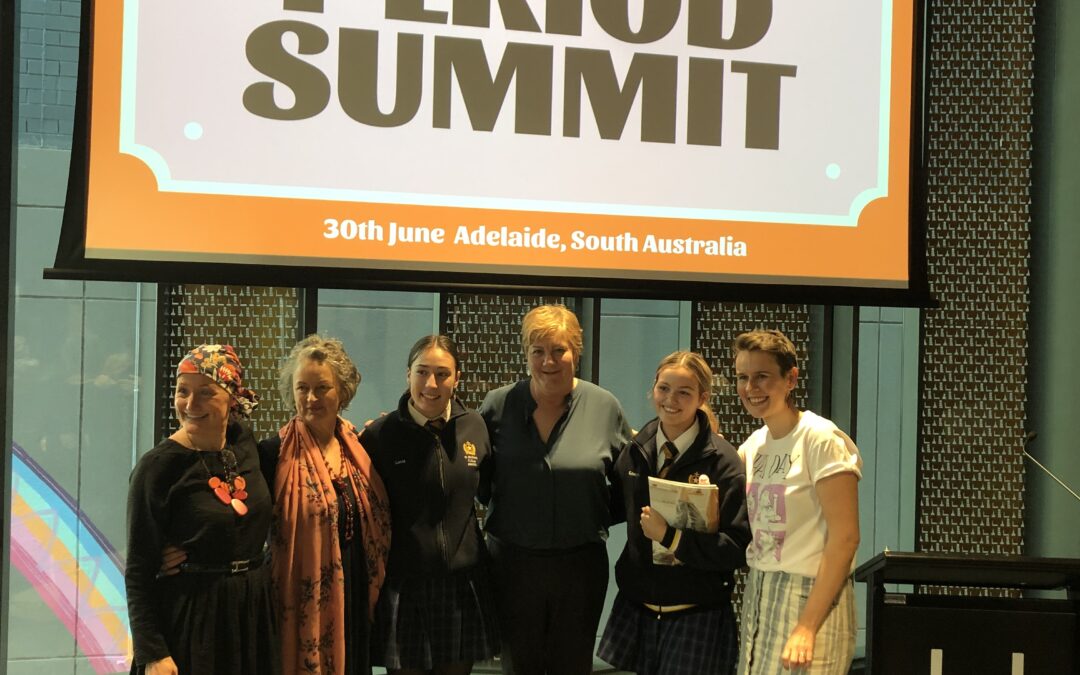In collaboration with Taboo, Chalice Foundation and Period Revolution, the Commissioner for Children and Young People, will today host over 100 attendees, representing organisations from around Australia to talk about periods and identify ways to create a positive menstrual culture across Australian communities.
Although nearly half the world’s population menstruate at some point in their lives, menstruation presents significant challenges when individuals lack the information, resources, infrastructure, and social support they need to manage their menstrual health and wellbeing, safely and with dignity.
At this pivotal moment in gender politics and identity, it’s time to find a new way to reduce the negative impact of menstrual stigma being faced by millions of Australian girls and women* daily.
These impacts are pervasive and harmful and include limited access to information, and products, workplace inequity, inadequate healthcare, financial burden, environmental impact, poor mental health, and an inadequate education of both girls and boys of all ages on what is a natural biological function.
These negative impacts of menstrual stigma form the basis of the topics being discussed at the Period Summit. Kate Shepard-Cohen from the United Kingdom will speak on GP awareness and social prescribing of the menstrual cycle. Jane Bennett from Chalice Foundation will explore the meaning we currently assign to menstruation, and the difference a revolutionary reframing could make. Kristy Chong and Sarah Forde from Modibodi will discuss the impact of menstruation on the environment and Nikki Palmer from Period Revolution will discuss the intersectionality of menstruation, and the fact that not everybody bleeds the same.
Representatives from the Victorian Women’s Trust will also be attending and will present on current trends in workplace policy around menstruation and menopause. Isobel Marshall and Eloise Hall from Taboo Sanitary Products will speak on the need for a voice for young people to be part of menstrual health, and Dr Julie Hennegan from the Burnet Institute will discuss effective measurement and monitoring of menstrual health.
Drawing on the Commissioner’s Menstruation Matters report the attendees will discuss and develop a new way forward to realise menstrual wellbeing for all.


Recent Comments